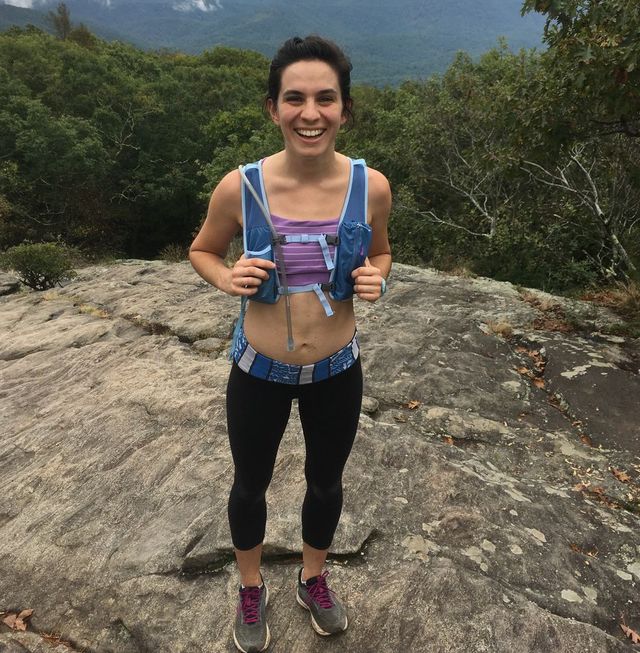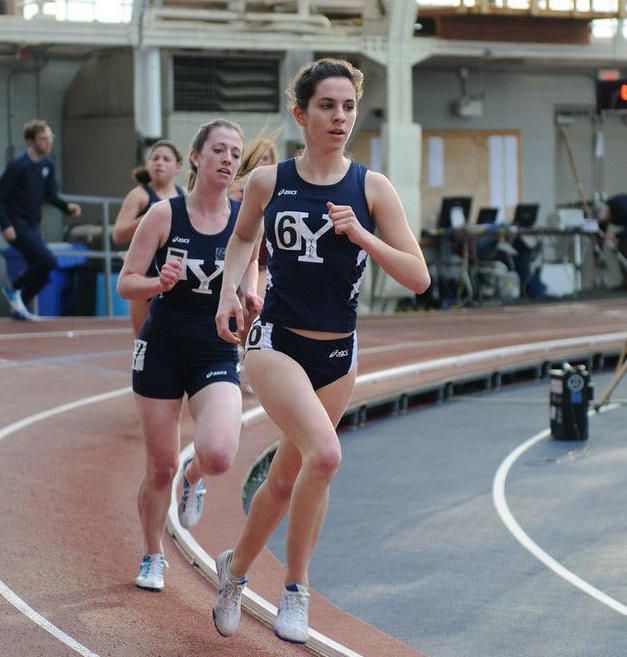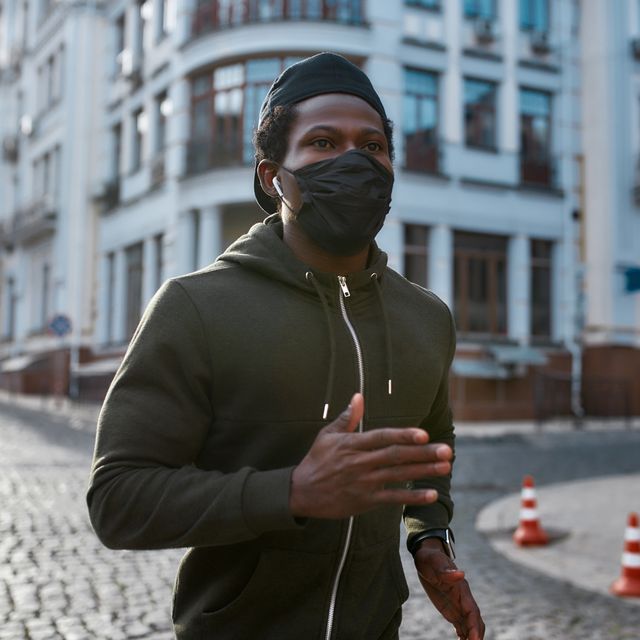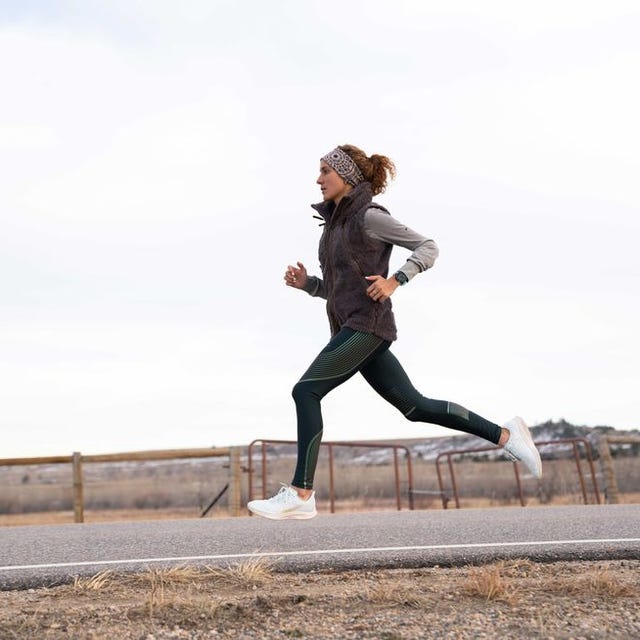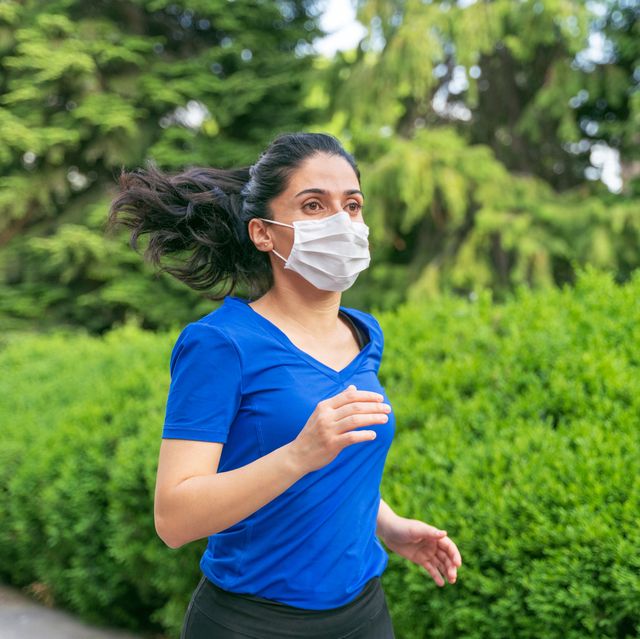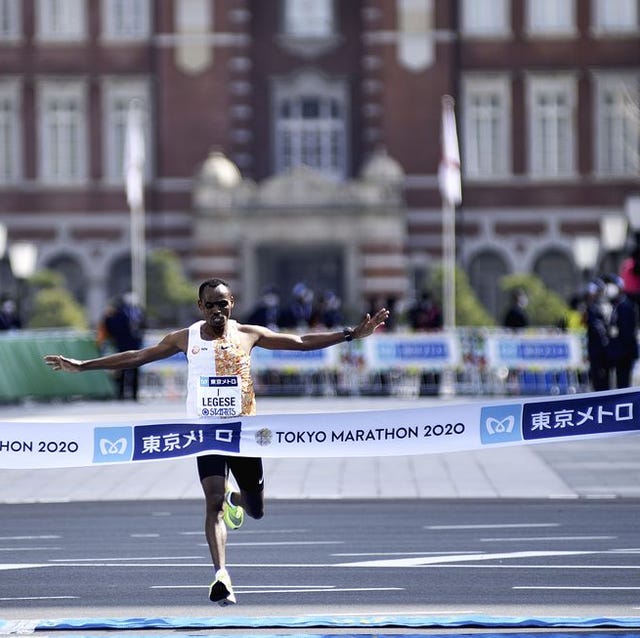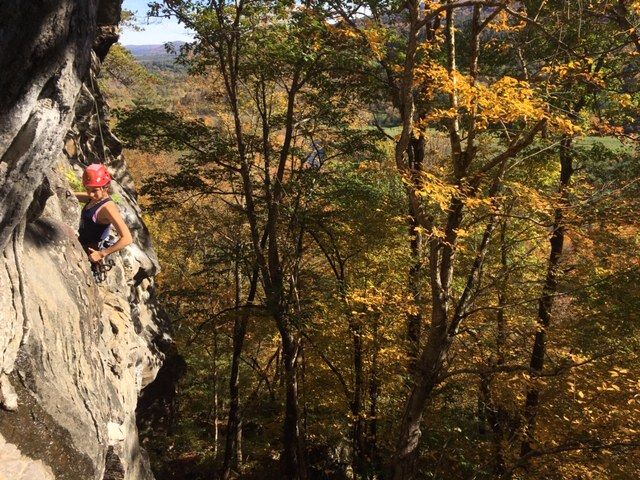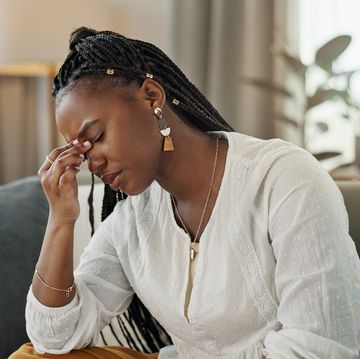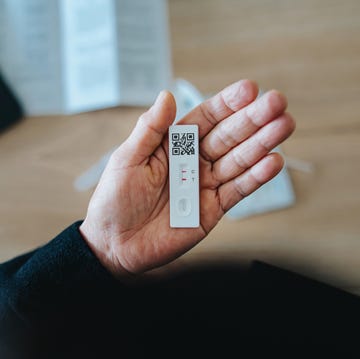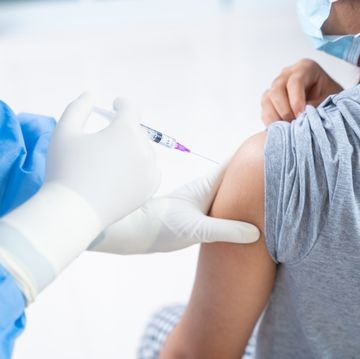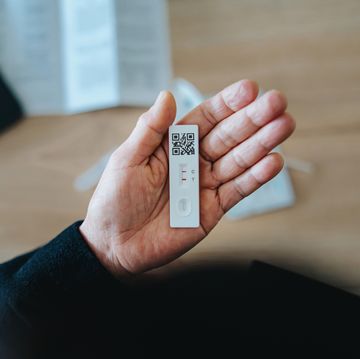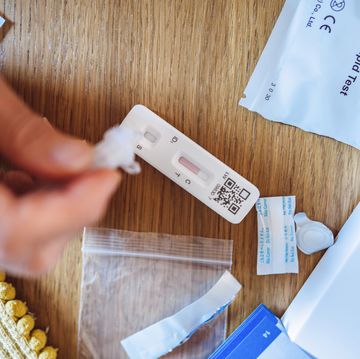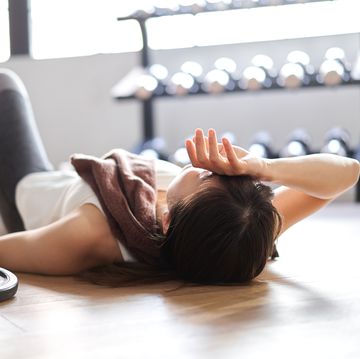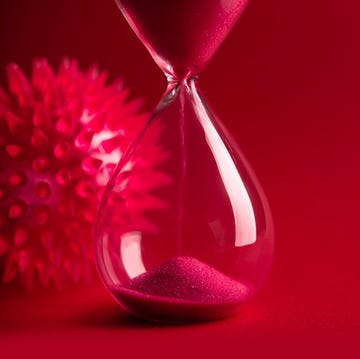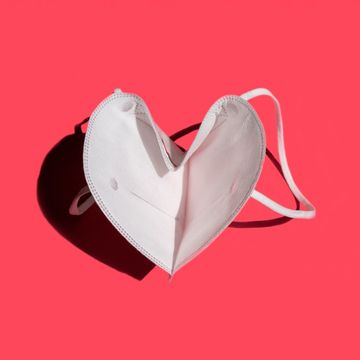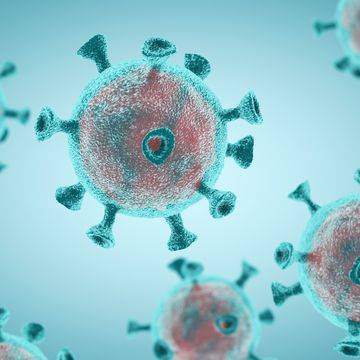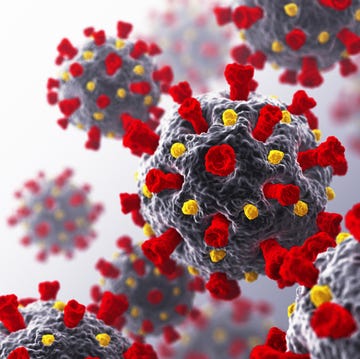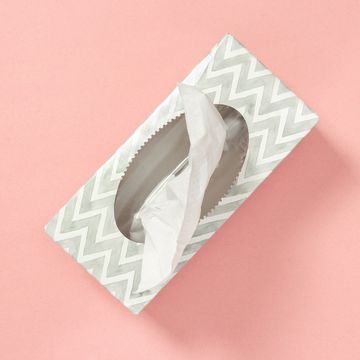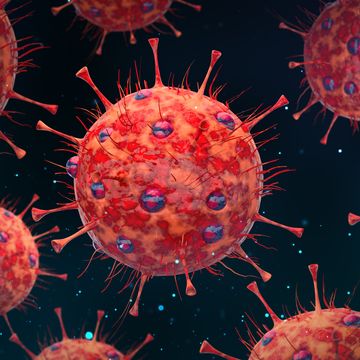This story was originally published on June 5 by our partners at Runner’s World.
I had COVID-19 symptoms, and it’s the sickest I’ve ever been.
On Saturday, March 7, I won a 5K race in Mount Berry, Georgia. It was my fastest finish since college; my time, 20:11, was nothing fancy for me, but after years away from competitive running, it was fun to feel fit again—and to win.
Later that night, I went to hot yoga. As I laid down in class, the woman next to me started coughing. “Don’t worry,” she said. “It’s just asthma.”
Though COVID-19 was just beginning to spread through the United States, I had no idea it was in Atlanta, where I was visiting my boyfriend. It seemed absurd that this woman in hot yoga was worried about the virus.
The next day, I cruised through eight miles and did 10 pull-ups at the park for fun. The day after, I ran another eight miles and felt good.
[Run faster, stronger, and longer with this 360-degree training program.]
I had recently bumped up my training to 40 miles a week with plans to race a half marathon soon. It was the first time I’d really started training for a race since I ran track and cross country at Yale University from 2010 to 2012.
That Tuesday, March 10, I woke up with a weird cold. At that point, the Centers for Disease Control (CDC) was warning that symptoms of the virus included a fever of at least 100 degrees and a cough. I didn’t have a fever or a cough, so I thought, this isn’t COVID-19. I work in civil rights law, and I worked remotely that week, but since I didn’t feel that sick, I kept running. Georgia’s governor didn’t shut down the state for another three weeks.
On March 16, I woke up feeling completely exhausted—similar to when you bump up your mileage and can’t get off the couch. This is not a cold, I thought. By then, my boyfriend and two of our close friends had come down with the same thing.
COVID-19? I wrote in my training journal.
The fatigue got worse and worse. I didn’t work out at all, and by the end of the week, I couldn’t even get off the couch. I called a hotline number to speak with a nurse, and I was told I didn’t meet the testing criteria for COVID-19. The nurse advised me to stay hydrated, sleep, make myself comfortable, and call back if anything changed.
I felt a little better the next week, but on Friday, March 27, I got a fever, which came and went over the next eight days. It never climbed above 100, but I felt really awful the entire time. After the fever subsided and I finished government-recommended quarantine, I tried running. But that triggered the scariest symptom: lung pain. What started as weird pressure morphed into a sharp pain and spread to the bottom of my lungs.
From April 9 to May 1, my lungs hurt every day. At its worst, the pain was constant. I couldn’t finish a 30-minute Zoom call with my grandmother or sleep on my back.
On Monday, April 27, the pain was so bad that I laid down on the floor and couldn’t catch my breath at all. I called the nurse hotline again, described all of my symptoms, and was diagnosed as having COVID-19 over the phone.
After that, I started to trend better. On Friday, May 1, I finally got tested for COVID-19, and by then my result was negative.
The following Tuesday I tried running again because I was losing my mind being so inactive. I went early in the morning, so no one would see me shuffling along. I managed to do four minutes of walking, one minute of jogging, repeated five times. I felt quite dizzy after the minute of jogging.
Since then, I’ve built up my endurance, but it’s far from where it was in early March. Last week, I was able to jog 20 minutes straight; I didn’t turn on my Garmin pace function, but I would be shocked if I went faster than 10 minutes a mile. It felt pretty bad, and my lungs hurt for several days afterward. Three months ago, a 20-minute jog would have been a morning shakeout before an afternoon workout. Now, it’s the big athletic event of my week.
My fatigue is getting better, but some days I still just feel exhausted. It’s scary to be on the first wave of a disease where they don’t know what path the disease will take and they don’t really have a way to treat you. Doctors can’t tell me what the long term effects will be, and that’s absolutely terrifying. Will my lungs fully recover? Am I ever going to race again? Are my athletic goals just on the shelf forever?
I’ve been active my entire life. I grew up backpacking and playing soccer, I ran in high school and two years in college, and I discovered rock climbing as an adult. I miss feeling good in my body. I miss feeling energetic. I miss the soreness that comes after a good workout. This experience reminded me what a gift it is to be able to lace up my shoes, go out for an hour or two, and feel free and strong. My favorite part of my day has always been my run.
I’m privileged to worry about my recreational sports when people are worrying for their lives. This illness has shown me how much I take for granted the ability to breathe freely. The last several weeks have reminded me that Black people can’t breathe freely in America, whether they are under the knee of the police or disproportionately dying of COVID-19. There are a lot of people in America who aren’t lucky enough to get to hide from this virus, and it’s attacking America disproportionately based on race and socioeconomic status.
The neighbors down the street have thrown weekly house parties with dozens of people for the last month. People my age don’t understand how sick this can make you and how tenuous recovery is.
Early on, the message to young people was that your grandma would get sick from COVID-19, but you’d just get a cold. As a 28-year-old runner who might have permanent lung damage, I can tell you that’s not true.
